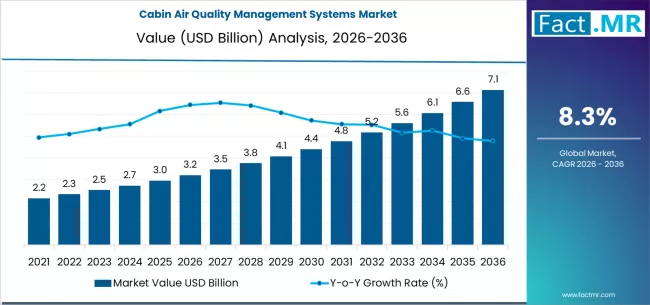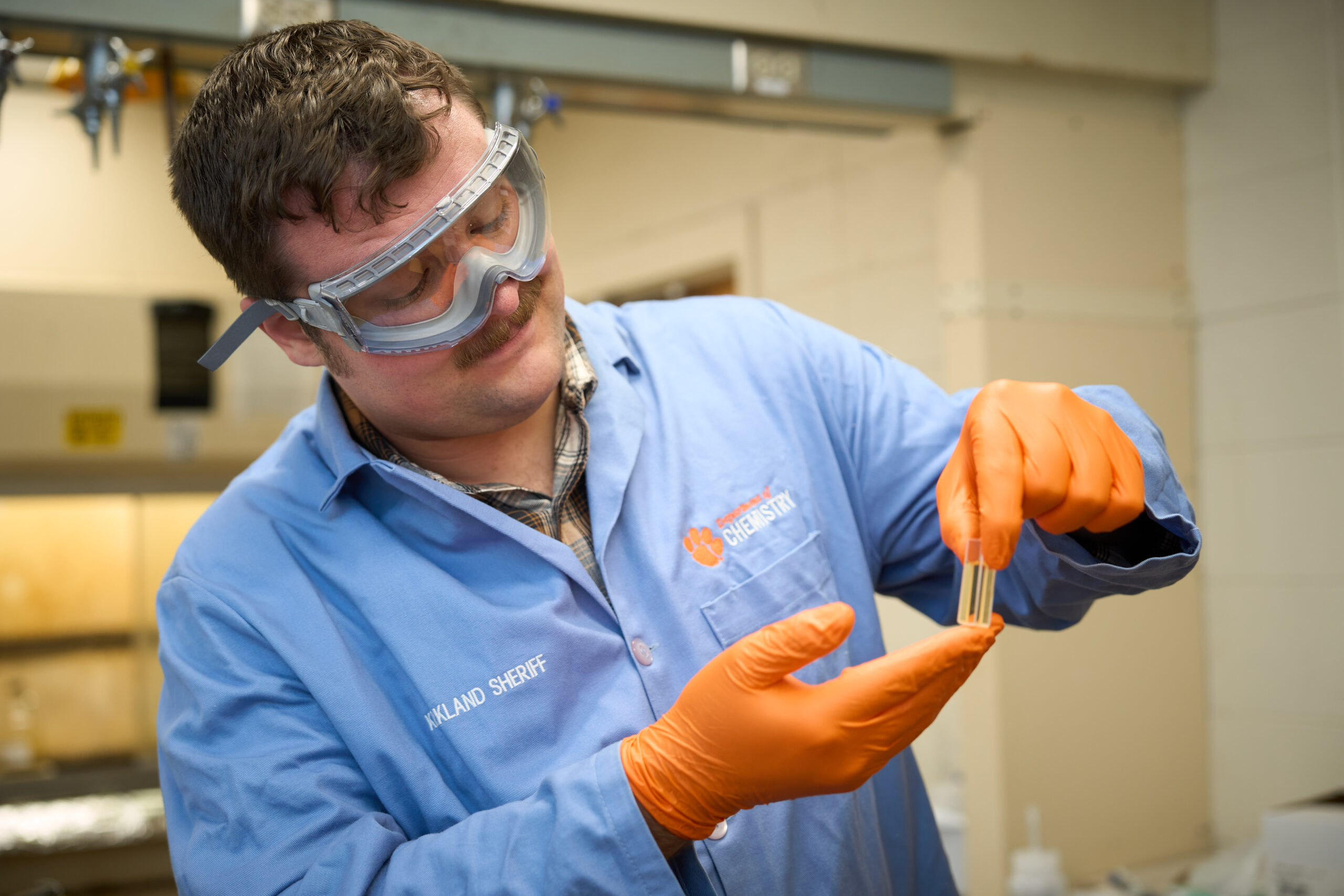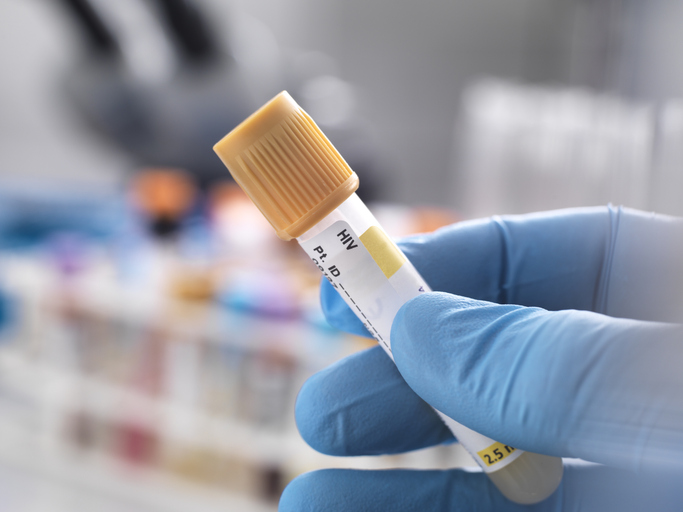Ireland’s Fintech Ecosystem: A Strategic Investment Hub for Innovation-Driven Financial Services – AInvest

Report on Ireland’s Fintech Sector and its Contribution to Sustainable Development Goals (SDGs)
Ireland has established itself as a strategic global hub for financial technology, underpinned by a synergistic framework of government policy, regulatory innovation, and a dynamic startup environment. The nation’s fintech ecosystem, comprising over 430 internationally-oriented firms, demonstrates a strong alignment with several United Nations Sustainable Development Goals (SDGs), particularly in fostering innovation, promoting economic growth, and building strong institutions.
Strategic Framework and Alignment with Global Goals
Fostering Economic Growth and Innovation (SDG 8 & SDG 9)
The Irish government’s strategic initiatives are central to driving sustainable economic growth and fostering industry innovation. The updated “Ireland for Finance” strategy explicitly identifies fintech and digital finance as core pillars for national economic development.
- Policy Commitment: The strategy outlines 13 distinct action measures, prioritizing fintech to stimulate cross-border innovation and economic resilience.
- State-Backed Investment: Enterprise Ireland has invested €175 million since 2019, with 19% specifically allocated to fintech, directly supporting industry growth and infrastructure (SDG 9).
- Job Creation: IDA Ireland aims to create 5,000 new fintech jobs by 2026, contributing to decent work and economic growth (SDG 8).
- SME Support: The 2024 Seed and Venture Capital Scheme has allocated €309 million to support small and medium-sized enterprises, crucial drivers of economic vitality.
Advancing Sustainable Finance and Responsible Production (SDG 12 & SDG 13)
A key component of Ireland’s strategy is the integration of Environmental, Social, and Governance (ESG) principles, directly contributing to responsible consumption and climate action.
- Sustainable Finance Centre of Excellence: This initiative was launched to leverage technological innovation to solve complex ESG challenges, aligning financial flows with climate and sustainability objectives.
- Investor Alignment: The focus on ESG-compliant solutions meets growing global investor demand and promotes responsible corporate behavior, advancing SDG 12.
- Technological Solutions: The development of ESG-focused fintech solutions supports transparent tracking and management of sustainable investments, contributing to climate action goals (SDG 13).
Regulatory Environment and Institutional Strength (SDG 16)
Ireland’s regulatory framework is designed to foster innovation while ensuring stability and integrity, which is fundamental to building effective, accountable, and inclusive institutions as outlined in SDG 16.
Regulatory Sandboxes and Innovation Hubs
- Central Bank Innovation Hub: Established in 2018, the hub has engaged with 389 fintech firms, providing a controlled environment for developing new technologies.
- 2024 Innovation Sandbox: This program specifically targets early-stage projects focused on combating financial crime, directly reinforcing the goal of building strong and just institutions (SDG 16).
- EU Regulation Adoption: The phased implementation of the Markets in Crypto-Assets Regulation (MiCA) beginning in June 2024 demonstrates a commitment to creating a transparent and secure regulatory landscape for digital assets.
Investment Landscape and Economic Impact
Incentivizing Sustainable Economic Activity (SDG 8)
A competitive incentive structure has attracted significant domestic and international capital, fueling job creation and economic expansion.
- Tax Incentives: A 12.5% corporate tax rate, a 10% tax on qualifying IP profits via the Knowledge Development Box, and a 30% R&D tax credit create a favorable environment for high-growth firms.
- Investment Performance: Irish fintech firms attracted nearly €1 billion in investment over five years. In 2024, the sector recorded a 291% growth in funding, countering a global slowdown and demonstrating robust economic health.
Case Studies in Innovation and Partnership (SDG 9 & SDG 17)
The success of both indigenous startups and multinational corporations highlights the ecosystem’s capacity for innovation and its role in fostering global partnerships.
- Indigenous Success: Startups such as Tines (achieved unicorn status with $125 million in funding) and STRATxAI (raised €1.5 million for its AI investment platform) exemplify the scalability of Irish innovation.
- Specialized Solutions: Firms like Fenergo (regulatory compliance) and TransferMate (B2B payments) address critical global financial challenges, enhancing the efficiency of international commerce.
- Global Partnerships: The presence of major international players like Stripe and BNY Mellon, which have established significant European operations and R&D centers in Ireland, underscores the country’s role as a key partner in the global financial system (SDG 17).
Conclusion
Ireland’s fintech ecosystem represents a successful model of strategic planning that aligns national economic ambitions with the global Sustainable Development Goals. Through robust government support, a forward-thinking regulatory environment, and a strong emphasis on sustainable finance, the country has created a low-risk, high-reward destination for investment. This approach not only drives economic growth (SDG 8) and technological innovation (SDG 9) but also strengthens institutional integrity (SDG 16) and promotes global partnerships (SDG 17). As the sector continues to evolve, Ireland is well-positioned to lead in developing AI-driven ESG solutions and shaping a more sustainable global financial landscape.
Analysis of Sustainable Development Goals in the Article
1. Which SDGs are addressed or connected to the issues highlighted in the article?
- SDG 8: Decent Work and Economic Growth: The article extensively discusses Ireland’s strategy to foster economic growth through its fintech sector. It highlights job creation, investment attraction, and support for small and medium-sized enterprises (SMEs) as key pillars of this strategy.
- SDG 9: Industry, Innovation and Infrastructure: The core theme of the article is innovation in the financial services industry. It details the development of a robust technological infrastructure (AI, blockchain), the promotion of research and development (R&D), and the creation of supportive regulatory environments like innovation hubs and sandboxes.
- SDG 13: Climate Action: The article explicitly mentions the development of “ESG-focused solutions” and the launch of a “Sustainable Finance Centre of Excellence” to address ESG challenges. The environmental (‘E’) component of ESG directly relates to climate action and sustainable investment practices.
- SDG 17: Partnerships for the Goals: The success of Ireland’s fintech ecosystem is presented as a result of a multi-stakeholder partnership. This involves collaboration between the Irish government (Ireland for Finance strategy), regulatory bodies (Central Bank of Ireland), state agencies (Enterprise Ireland, IDA Ireland), and the private sector (startups and multinational corporations).
2. What specific targets under those SDGs can be identified based on the article’s content?
-
Under SDG 8 (Decent Work and Economic Growth):
- Target 8.2: Achieve higher levels of economic productivity through diversification, technological upgrading and innovation. The article’s focus on cutting-edge technologies like AI and blockchain within the high-value fintech sector directly supports this target.
- Target 8.3: Promote development-oriented policies that support productive activities, decent job creation, entrepreneurship, creativity and innovation…and encourage the formalization and growth of…SMEs. This is evidenced by the government’s Ireland for Finance strategy, the goal to create 5,000 fintech jobs, and the €309 million Seed and Venture Capital Scheme for SMEs.
-
Under SDG 9 (Industry, Innovation and Infrastructure):
- Target 9.3: Increase the access of small-scale industrial and other enterprises…to financial services, including affordable credit, and their integration into value chains and markets. Enterprise Ireland’s €175 million investment since 2019, with 19% allocated to fintech, exemplifies efforts to provide capital to small-scale enterprises.
- Target 9.5: Enhance scientific research, upgrade the technological capabilities of industrial sectors…encouraging innovation. The provision of a 30% R&D tax credit and the establishment of the Central Bank’s Innovation Hub and Sandbox are direct measures to encourage research and upgrade technological capabilities.
-
Under SDG 13 (Climate Action):
- Target 13.3: Improve education, awareness-raising and human and institutional capacity on climate change mitigation. The establishment of the “Sustainable Finance Centre of Excellence” is a direct action to build institutional capacity and foster innovation in ESG and sustainable finance, which are critical for climate change mitigation.
-
Under SDG 17 (Partnerships for the Goals):
- Target 17.17: Encourage and promote effective public, public-private and civil society partnerships. The entire ecosystem described—a confluence of government strategy, regulatory support from the Central Bank, state investment from IDA Ireland, and private sector activity—is a model of a public-private partnership aimed at achieving shared economic and innovation goals.
3. Are there any indicators mentioned or implied in the article that can be used to measure progress towards the identified targets?
-
For SDG 8 Targets:
- Total investment attracted: The article states that Ireland’s fintech firms have attracted nearly €1 billion in investment over five years.
- Job creation numbers: A specific goal is mentioned: IDA Ireland’s aim to create 5,000 fintech jobs by 2026.
- Growth in deal volume: The article notes that 2024 marked the second-highest deal volume in a decade, indicating strong economic activity.
-
For SDG 9 Targets:
- Public funding for SMEs and innovation: Specific figures are provided, such as Enterprise Ireland’s €175 million investment since 2019 and the €309 million allocation from the 2024 Seed and Venture Capital Scheme.
- Number of firms supported by innovation initiatives: The Central Bank’s Innovation Hub engaged with 389 fintech firms by 2023.
- Existence of R&D incentives: The 30% R&D tax credit is a measurable policy indicator.
-
For SDG 13 Targets:
- Establishment of specialized institutions: The launch of the “Sustainable Finance Centre of Excellence” serves as a key indicator of commitment and action.
- Development of sustainable products: The mention of firms creating “ESG-focused solutions” implies the development of products and services that contribute to this goal.
-
For SDG 17 Targets:
- Implementation of national strategies: The “Ireland for Finance” strategy with its 13 specific action measures is a clear indicator of a structured partnership approach.
- Engagement in regulatory sandboxes: The number of firms participating in the Central Bank’s Innovation Hub and Sandbox demonstrates the effectiveness of the public-private collaboration.
4. Summary Table of SDGs, Targets, and Indicators
| SDGs | Targets | Indicators |
|---|---|---|
| SDG 8: Decent Work and Economic Growth |
8.2: Achieve higher levels of economic productivity through technological upgrading and innovation.
8.3: Promote policies that support job creation, entrepreneurship, and the growth of SMEs. |
– Nearly €1 billion in investment attracted over five years. – Goal to create 5,000 new fintech jobs by 2026. – 2024 marking the second-highest deal volume in a decade. |
| SDG 9: Industry, Innovation and Infrastructure |
9.3: Increase the access of SMEs to financial services and capital.
9.5: Enhance scientific research and encourage innovation. |
– €175 million invested by Enterprise Ireland since 2019. – €309 million allocated via the 2024 Seed and Venture Capital Scheme. – 389 firms engaged by the Central Bank’s Innovation Hub. – Provision of a 30% R&D tax credit. |
| SDG 13: Climate Action | 13.3: Improve education and institutional capacity on climate change mitigation. |
– Launch of the “Sustainable Finance Centre of Excellence.” – Development of “ESG-focused solutions” by fintech firms. |
| SDG 17: Partnerships for the Goals | 17.17: Encourage and promote effective public-private partnerships. |
– Implementation of the government’s “Ireland for Finance” strategy. – Collaboration between the Central Bank (Innovation Hub), state agencies (IDA Ireland), and private firms. |
Source: ainvest.com

What is Your Reaction?
 Like
0
Like
0
 Dislike
0
Dislike
0
 Love
0
Love
0
 Funny
0
Funny
0
 Angry
0
Angry
0
 Sad
0
Sad
0
 Wow
0
Wow
0











































;Resize=620#)



























